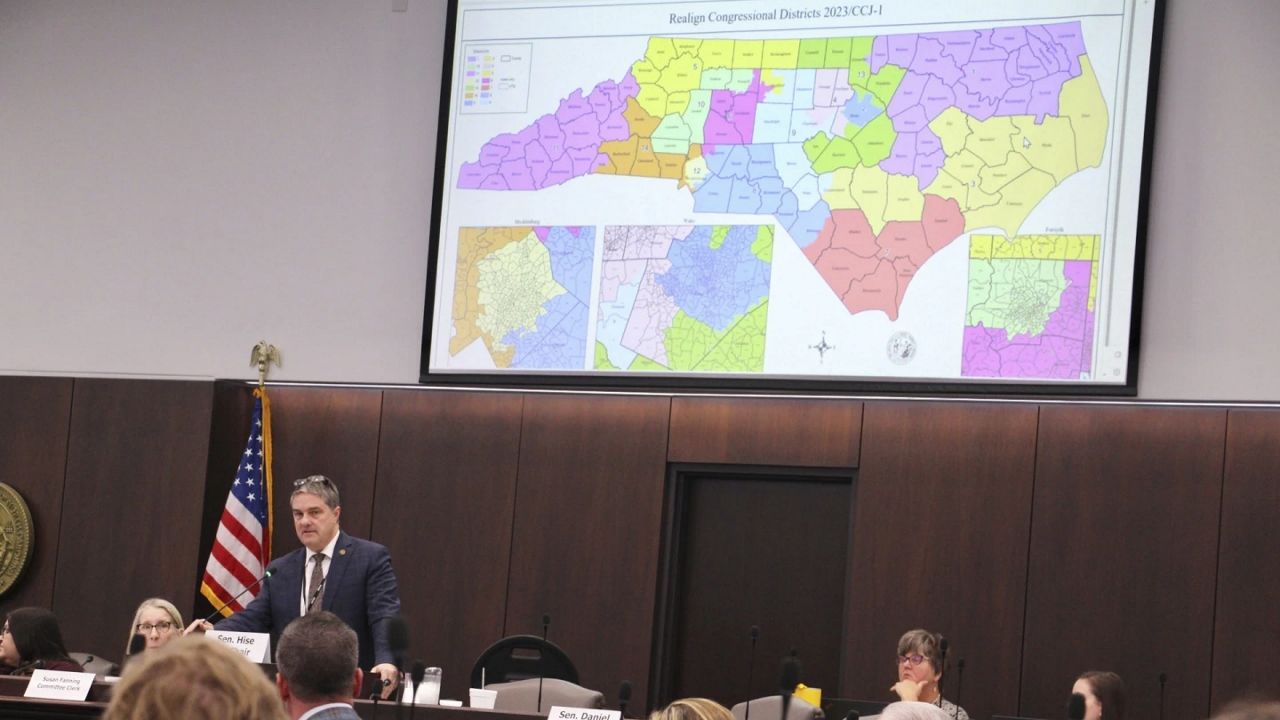HUNTERSVILLE, N.C. — A raptor rescue and rehabilitation center in Huntersville is hosting a vaccine trial that could help save an endangered species from bird flu.
The Carolina Raptor Center is testing a vaccine approved for emergency use to protect California condors from highly pathogenic avian influenza.
Currently, the CRC’s pilot study is on 28 black vultures, which are a similar species to condors. If effective and safe on vultures, the goal is to use the vaccine on condors.
The United States Department of Agriculture Animal & Plant Health Inspection Service gave emergency use of HPAI vaccine after at least 14 California condors died this spring.
The U.S. Geological Survey, the U.S. Fish and Wildlife Service and the USDA developed the research study.
Sunny Cooper, CRC’s hospital manager, is thrilled their facility was selected for this pilot study.
“It really continues that story of human intervention in the form of really caring about a species,” Cooper said.
The CRC, which started the pilot study in early May, is ensuring testing is safe. According to Cooper, they are checking injection sites to ensure there is no adverse reaction and monitoring the behavior of the birds. Long term, they will also check the blood of the birds for immune response.
Cooper said the signs have been positive so far.
“We saw the great impact it would have. It’s a great conservation story and piece to this whole conservation puzzle, really,” Cooper said.
If everything goes well, the findings of this study could help save lives of California condors.
“We are the next step in the ‘I care’ process for these birds,” Cooper said.
For now, the emergency use of this vaccine is only approved for vultures and condors, not poultry.
The results of this study will guide next steps on trials for captive condors.
The raptor center is asking for donations from the community to continue the health and monitoring of the vultures.


?wid=320&hei=180&$wide-bg$)
)


